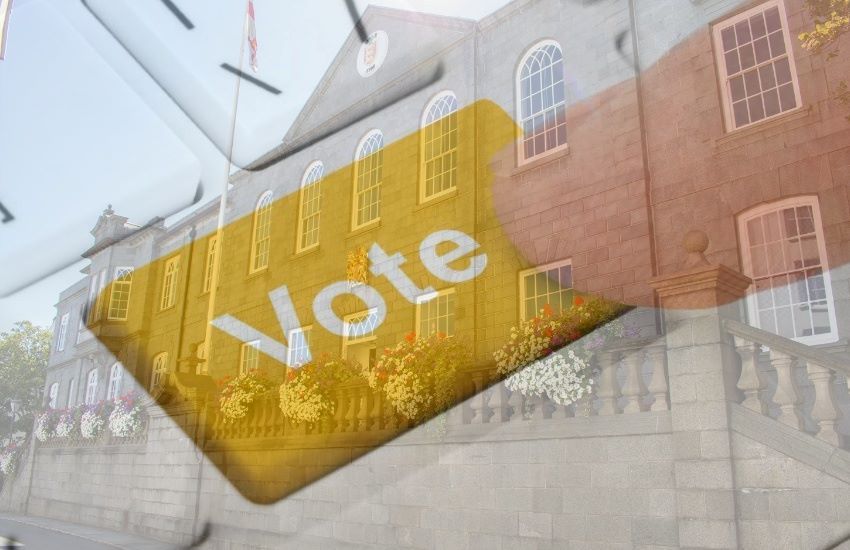


Electronic voting could be introduced at States’ meetings by June this year.
The States’ Assembly & Constitution Committee is currently finalising the latest in a long line of proposals for electronic voting.
The Committee intends to publish its proposals before the end of January and hopes the States will debate and vote on them at their meeting which starts on 30 March.
If they are approved, the tradition of voting in the States' Assembly by calling 'pour' or 'contre' would be scrapped - or possibly become significantly less frequent, depending on the detail of the proposals - and members would instead have a fixed period of time after a vote is called to press a button to record their support, opposition or abstention.
The President of the Committee, Deputy Carl Meerveld, said last night that the cost of installing electronic voting would be “less than £120,000 but in that ballpark”.
He said a system could be “operational in June” if the States approve the proposals in March because “the system is built on spec”.
“We’ve taken quite a different approach. I’m not at liberty to say more about that until we’ve briefed other States’ members. But we have taken a very different approach in the implementation of this and we will be hoping to present that to members very shortly,” said Deputy Meerveld.

Pictured: Deputy Carl Meerveld, President of the States' Assembly & Constitution Committee, hopes that voting in the States' Assembly will be carried out electronically by the middle of this year.
“We are hoping to publish our policy letter by the end of this month for debate by the States in March.
“It’s a workstream we inherited from the previous Committee. The original directive was to have it introduced by the end of the last States’ term. But because of covid and the reorganisation of the electoral system and other issues it didn’t happen under that Committee and so we inherited it.
“It was something we intended to bring forward before the end of last year but because of various other things that came up during the year, which had an impact on our limited resources, it was something we couldn’t complete for presentation before Christmas. But we are bringing it forward as fast as we can this year.”
Previous States’ Assemblies have debated electronic voting multiple times stretching back well over two decades. In the past, it has been rejected on cost grounds or because of concerns that it would either lengthen States’ proceedings or reduce transparency of members’ votes, depending on the type of electronic voting system used.
Some of the world’s most famous parliaments and legislatures, such as in the United Kingdom and United States, continue to vote using traditional methods. But the other Crown Dependencies, Jersey and the Isle of Man, installed electronic voting in their parliaments some years ago.
Comments
Comments on this story express the views of the commentator only, not Bailiwick Publishing. We are unable to guarantee the accuracy of any of those comments.